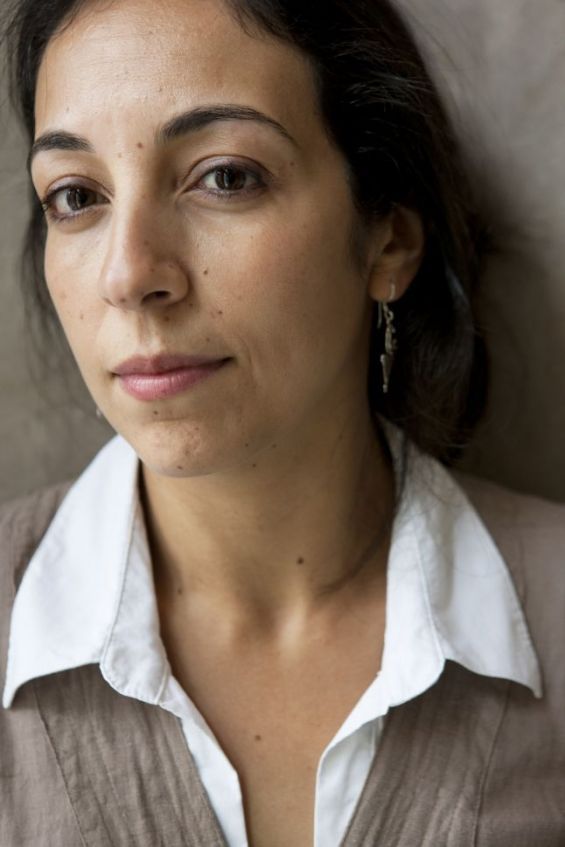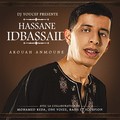Growing up, Rachida Lamrabet was surrounded by storytellers, family members and grandparents with a lot of imagination. Every summer vacations was an opportunity for her to dive into her aunt’s mystic and mysterious stories about jinns and laugh her heart out at her uncle’s witty and funny encounters.
Rachida, who immigrated with her parents to Belgium in the 1970s, was all ears. She listened carefully to these stories and brought them with her to Europe. Later in life, she became a writer with her own stories to tell.
«Life’s gift to me was being surrounded by storytellers», Rachida told Yabiladi, recalling her childhood memories in Morocco. «Those stories had quite the impact on me as a child», the writer acknowledged, referring to all the anecdotes and tales she heard while spending time with family members in the Rif.
A rising writer
While she was known for being a good listener, Rachida was also a bookworm. «I loved to read and used to do it a lot growing up», she recalled. «I saw books as magic tools for a child migrant as it helped me discover things, travel and read the minds of people I did not know», she explained.
Rachida quickly understood her passion and moved to action when she was twelve. «I remember I wrote little stories and told others, in my uncle and grandparents’ way, to my siblings every time they wanted to go to bed», she reminisced.
Rachida has even tried to write her first book wholly on her own as a teenage student. It was a handwritten booklet that she made from scratch. «I wrote a book with stories, a cover, a beginning and an end and I even drew my own illustration», she recalled, adding that she «brought it to school and gave it to [her] friends who read it and passed it on».
While Rachida had a great passion for writing, she had to drop it and think of a more realistic path. «Although I wanted to be a writer, I said to myself that it is something a girl of color would never be able to do», she said. «I had to find myself another career. So, I went for law», she added.
Going for passion
And so it was, Rachida studied law and became a lawyer. «I completely dropped writing because it was not a realistic thing for me. I am coming from a migrant family and I had to choose a ‘serious’ job because I was convinced that that was the only way to emancipation and freedom», she said.
After graduating, the Moroccan woman worked as a lawyer at the bar of Brussels and afterwards for the Center for Equal Opportunities and Opposition to Racism, a Belgian government agency under the responsibility of the Prime Minister of Belgium. While working there, Rachida decided to get back to writing.
In 2007, she published her first novel (Vrouwland) after a long break. «I realized very quickly that I was motivated by what people expected from me. I do not regret having studied law but my first passion would always be literature», the Dutch-speaking writer said.
Indeed, Rachida’s first novel won the Flemish Debuutprijs, a prize that paved the way for her writing and encouraged her to produce other books.
«My stories are inspired by my own background, and the things that I lived. The main characters are not me but I sympathize with them and I understand what they are going through, I am not going through the same struggles. However, of course I cannot deny that I look at the world from my own point of view».
Rachida Lamrabet’s latest novel won the Ultima prize for Literature, a cultural award from the Flemish community. Her book, «Tell Someone», tells the story of a Moroccan soldier who fought alongside the French during World War I. The book aims to honor North Africans and migrants who helped Europe during and after wartime.





 chargement...
chargement...













